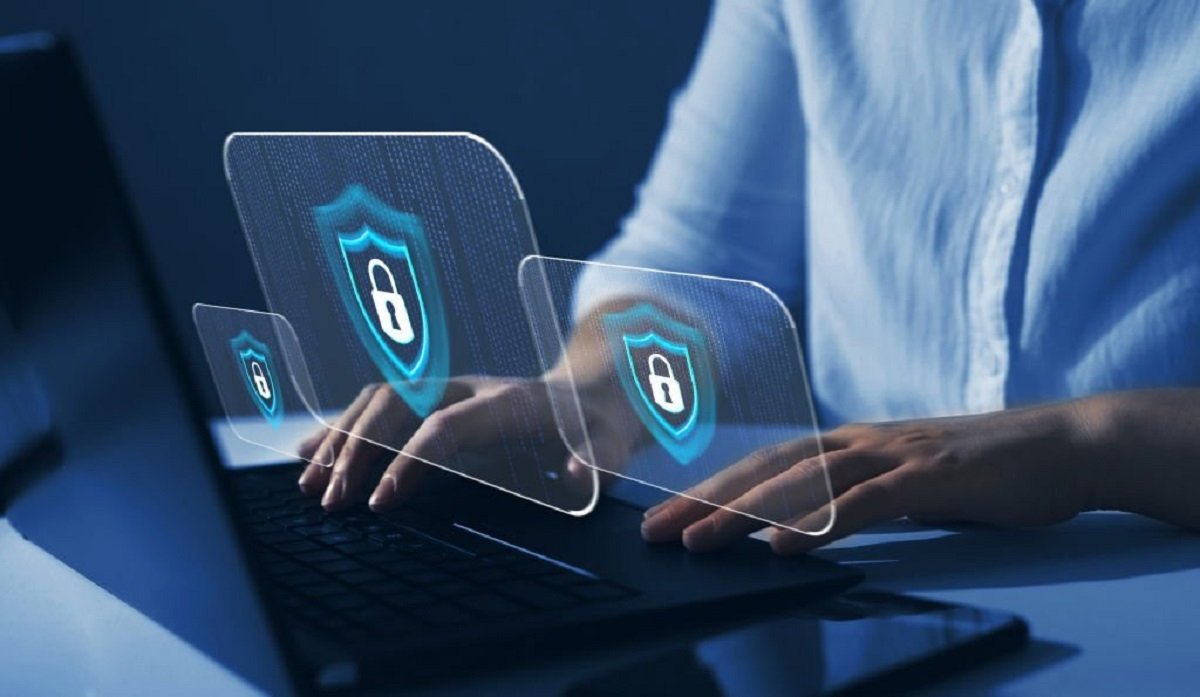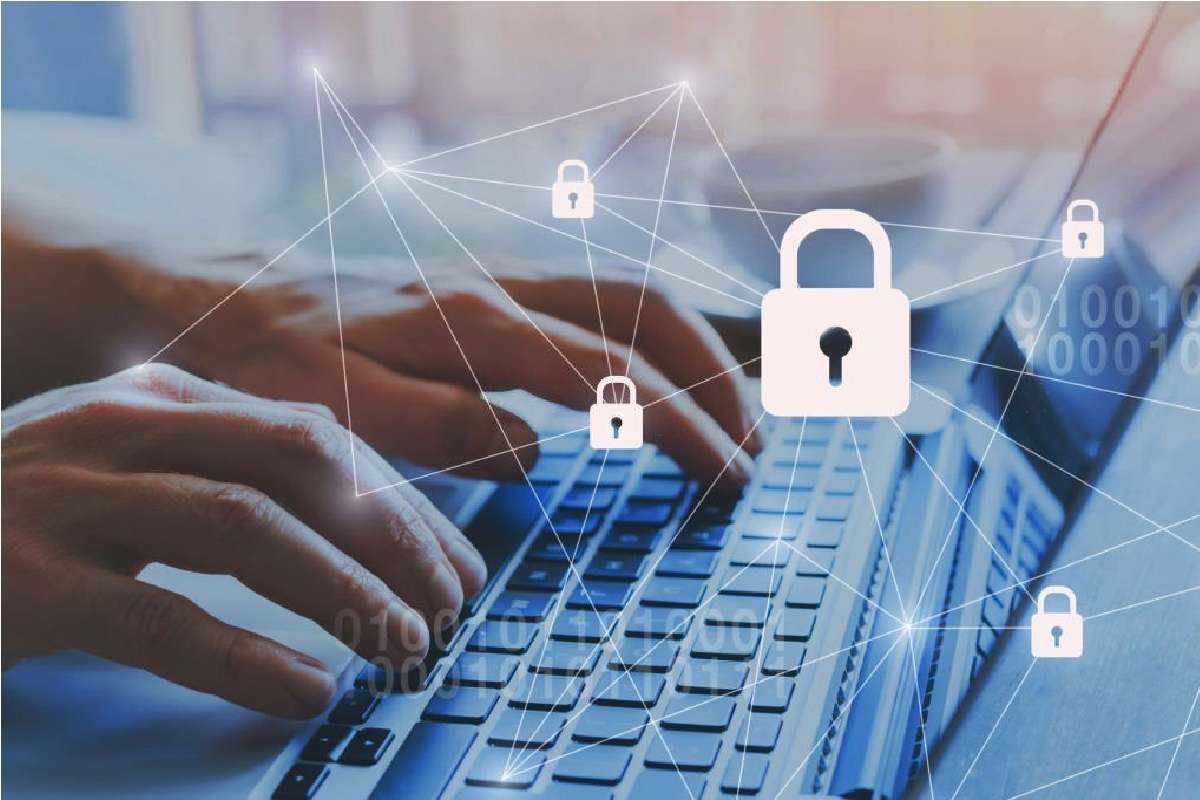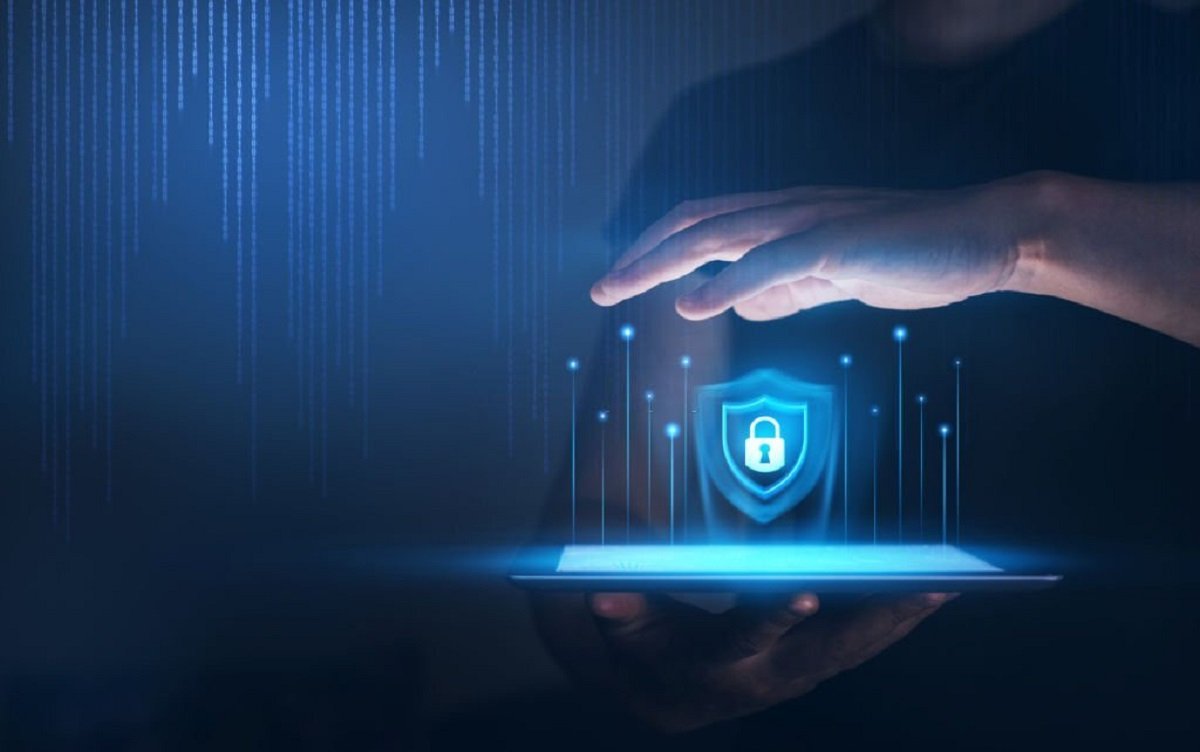In a rapidly changing world, security has become a paramount concern for individuals, businesses, and governments alike. From safeguarding private events to protecting sensitive information, professional security services play a crucial role in ensuring safety and peace of mind. In this comprehensive guide, we delve deep into the world of professional security, covering a wide range of topics to provide you with a thorough understanding of this vital field.
Introduction
In today’s complex and interconnected world, the need for professional security services has never been greater. From physical protection to cybersecurity, a wide array of services, personnel, and technologies work together to keep us safe. In this article, we will explore the multifaceted world of professional security, covering everything from security services and personnel to training, technology, and compliance.
Table of contents
- Introduction
- How to Prioritize Safety First?
- Professional Security: Security Services
- Professional Security: Security Personnel
- Security Guards
- Professional Security: Security Training and Certification
- Professional Security: Security Equipment and Technology
- Professional Security: Security Procedures and Protocols
- Professional Security: Security Regulations and Compliance
- Professional Security: Security Technologies
- Security Threats and Risks
- Conclusion
- FAQs
How to Prioritize Safety First?
Begin by conducting a thorough risk assessment to identify potential hazards, vulnerabilities, and threats in your environment. This assessment can help you understand where your resources should be allocated and what areas require immediate attention.
- How can I become a certified security professional?
The policy should state the organization’s information security objectives. This might include goals such as protecting sensitive data, ensuring the availability of critical systems, and preventing unauthorized access.
- What is the role of encryption in maintaining data security?
Encryption ensures the confidentiality of data by preventing unauthorized access to its contents. If an attacker gains access to encrypted data, they would not be able to understand or extract any meaningful information without the encryption key.
- How do security audits and assessments benefit organizations?
Security audits and assessments evaluate the effectiveness of security programs, helping organizations identify areas for improvement and ensuring compliance with industry standards.
Professional Security: Security Services
Professional security services encompass a comprehensive range of protective measures, from physical security and surveillance to cybersecurity and risk management. These services are designed to safeguard individuals, businesses, and assets by deploying highly trained personnel, state-of-the-art technology, and strategic planning to mitigate threats and ensure a secure environment. Whether it’s guarding properties, providing executive protection, or defending against cyber threats, professional security services play a vital role in maintaining safety and peace of mind for clients in an ever-evolving and complex security landscape.

Security Guard Services
Security guard services offer trained personnel who monitor and protect properties, people, and assets. These professionals are responsible for maintaining a safe environment through activities such as patrolling, access control, and emergency response. Whether it’s safeguarding a retail store, ensuring event security, or protecting office buildings, security guard services play a crucial role in preventing theft, vandalism, and unauthorized access, ultimately promoting safety and peace of mind for clients.
Private Security Firms
Private security firms are organizations that offer a wide range of protective services to individuals, businesses, and institutions. These firms are staffed by trained security professionals who provide services like security consulting, physical security, executive protection, surveillance, and cybersecurity, tailored to the specific needs of their clients. Private security firms play a vital role in enhancing safety and security by deploying expertise and resources to mitigate risks and safeguard assets, making them a valuable resource in an increasingly complex and interconnected world.
Event Security
Event security refers to the comprehensive measures and personnel deployed to ensure safety and order during gatherings, ranging from concerts and sports events to conferences and festivals. These security services involve risk assessment, crowd control, access management, and emergency response planning. Event security teams play a crucial role in preventing disruptions, managing large crowds, and addressing potential threats, thus ensuring the safety and enjoyable experience of attendees while protecting the event’s integrity.
Executive Protection
Executive protection, often referred to as close protection or bodyguard services, involves providing highly specialized security measures to safeguard individuals, typically high-profile or at-risk individuals such as corporate executives, celebrities, or government officials. Trained security professionals, known as executive protection agents, are responsible for ensuring the safety and well-being of their clients. Their duties may include threat assessment, secure transportation, crowd management, and proactive measures to mitigate risks and respond to potential security incidents, allowing their clients to go about their daily activities with a heightened level of personal security.
Close Protection
Close protection, commonly known as bodyguard services, entails the provision of specialized security measures to safeguard individuals, particularly high-profile or at-risk individuals like corporate executives, celebrities, or dignitaries. Trained security personnel, often referred to as close protection agents or bodyguards, are responsible for ensuring the safety and well-being of their clients. Their duties typically include threat assessment, secure transportation, crowd control, and proactive measures to mitigate risks and respond to potential security incidents, enabling their clients to go about their daily activities with an elevated level of personal security..
Professional Security: Security Personnel
Professional security personnel are individuals who have undergone specialized training to protect people, assets, and properties. They play a crucial role in maintaining safety and security through a variety of roles, including security guards, close protection agents, and cybersecurity experts. Security personnel are responsible for tasks such as patrolling, access control, surveillance, risk assessment, and emergency response. Their expertise and vigilance are essential in preventing unauthorized access, theft, and ensuring a secure environment, making them a vital component in the broader field of professional security services.
Security Guards
Security guards are trained professionals responsible for safeguarding people, assets, and properties. They play a critical role in maintaining safety and security by performing duties such as patrolling, access control, and responding to security incidents. Whether protecting businesses, residential complexes, or public spaces, security guards serve as a visible deterrent to potential threats, ensuring the protection of individuals and assets. Their presence and vigilance are key to preventing unauthorized access, theft, and other security breaches, contributing to a secure environment for clients and the public.
Professional Security: Security Training and Certification
Security training and certification are essential components of professional security services. Security professionals, including security guards, close protection agents, and cybersecurity experts, undergo rigorous training programs to acquire the necessary knowledge and skills to fulfill their roles effectively. This training encompasses various aspects of security, such as threat assessment, emergency response, and conflict management, tailored to the specific needs of their positions.
Firearms Training
Firearms training is a structured and essential educational program designed to instruct individuals in the safe and responsible use of firearms. It covers various aspects, including firearm safety, marksmanship, maintenance, and legal regulations. This training is vital for those who use firearms, such as law enforcement officers, security personnel, and civilian gun owners, to ensure they handle firearms competently and with care.
First Aid and CPR Certification
First Aid and CPR (Cardiopulmonary Resuscitation) certification is a training program that equips individuals with the knowledge and skills to provide immediate medical assistance in the event of injuries or medical emergencies. This training covers techniques for administering basic first aid, assessing injuries, and performing life-saving CPR in cases of cardiac arrest. First Aid and CPR certification is valuable for both healthcare professionals and laypersons, enabling them to respond effectively and potentially save lives in critical situations.

Defensive Tactics Training
Defensive tactics training is a structured program that teaches individuals, particularly law enforcement officers, security personnel, and other first responders, techniques and skills for safely handling and controlling potentially aggressive or combative individuals. This training typically covers physical techniques, de-escalation strategies, and use-of-force principles to maintain order, protect others, and minimize harm during confrontational situations. It plays a vital role in ensuring the safety of both the responders and those they encounter in high-stress and potentially dangerous situations.
Professional Security: Security Equipment and Technology
Professional security relies heavily on advanced security equipment and technology to enhance safety and surveillance. This includes the deployment of state-of-the-art tools such as surveillance cameras, access control systems, biometric scanners, alarm systems, and cybersecurity software to monitor, detect, and deter threats. These technologies enable security personnel to respond swiftly and effectively to potential security breaches, ensuring a proactive and robust defense against a wide range of risks in an ever-evolving security landscape.
Surveillance Cameras
Surveillance cameras, also known as security cameras, are video recording devices used for monitoring and recording activities in specific areas. They play a crucial role in enhancing security by providing continuous visual surveillance, deterring criminal activities, and providing valuable evidence in the event of security incidents. Surveillance cameras are employed in various settings, including homes, businesses, public spaces, and high-security facilities, contributing to a proactive and effective security strategy.
Professional Security: Security Procedures and Protocols
Professional security relies on a comprehensive framework of security procedures and protocols to ensure the safety of individuals, assets, and properties. These protocols encompass a wide range of activities, including threat assessment, access control, emergency response, and incident reporting. By implementing well-defined security procedures, security personnel can effectively identify and mitigate risks, respond to security breaches, and maintain a secure environment. These standardized practices are essential in minimizing vulnerabilities and promoting a proactive and vigilant approach to security, ensuring the protection of clients and their interests.
Professional Security: Security Regulations and Compliance
Professional security is subject to a multitude of security regulations and compliance standards that vary depending on the sector and geographical location. These regulations set legal and industry-specific requirements, dictating the necessary security measures and practices. Compliance involves adhering to these rules, which may include background checks, data protection, surveillance limitations, and more, to ensure that security practices align with legal and ethical standards. Staying in compliance is essential for security professionals, as it helps maintain the integrity of their operations, protects client interests, and mitigates legal risks.
Regulatory Agencies
Regulatory agencies are government bodies responsible for overseeing and enforcing specific rules, regulations, and laws within various industries and sectors. These agencies play a critical role in ensuring compliance, consumer protection, and maintaining the safety and integrity of the marketplace.
Security Industry Standards
Security industry standards are established guidelines and criteria that dictate best practices, quality benchmarks, and compliance requirements within the security field. These standards serve to ensure uniformity, professionalism, and adherence to recognized norms in areas such as physical security, cybersecurity, and operational protocols. Adhering to these standards helps enhance the effectiveness of security services and maintain a high level of safety and integrity.
Compliance with Privacy Laws
Compliance with privacy laws is the adherence to legal regulations and requirements that protect individuals’ privacy and data. This entails businesses and organizations ensuring that they handle personal information in accordance with laws like GDPR, HIPAA, or CCPA, safeguarding data, seeking consent, and providing transparency to maintain individuals’ privacy rights. Non-compliance can result in legal consequences, making it crucial for entities to uphold these privacy laws.
Security Audits and Assessments
Regular security audits and assessments evaluate the effectiveness of security measures and identify areas for improvement.

Professional Security: Security Technologies
Professional security heavily relies on an array of advanced security technologies to bolster safety and surveillance. This encompasses the use of cutting-edge tools such as surveillance cameras, access control systems, biometric scanners, alarm systems, and cybersecurity software. These technologies facilitate continuous monitoring, threat detection, and deterrence, enabling security personnel to respond swiftly and effectively to potential security breaches.
Security Threats and Risks
Security threats and risks encompass a spectrum of potential dangers that pose harm to individuals, organizations, and society as a whole. These hazards can manifest in various forms, including physical threats such as theft, vandalism, and violence, as well as digital threats like cyberattacks and data breaches. Security professionals work to identify, assess, and mitigate these risks through proactive measures, security protocols, and crisis management strategies. By understanding and addressing security threats and risks, they aim to protect assets, maintain safety, and minimize the impact of adverse events, ensuring the security and well-being of their clients and the broader community.
Conclusion
Professional security services are the bedrock of safety and protection in our ever-evolving world. From the watchful eyes of security guards to the cutting-edge technology of surveillance systems and the expertise of security consultants, every facet of this industry plays a vital role in safeguarding lives and assets. As we navigate the complexities of security regulations, compliance, and emerging threats, the dedication of security professionals ensures that we can face these challenges with confidence and resilience.
FAQs
Security guard services play a vital role in protecting businesses and properties by monitoring for security threats and responding to incidents promptly.
Common cybersecurity threats include malware, phishing attacks, data breaches, and ransomware.
Security risk assessments help organizations identify vulnerabilities and potential threats, allowing for proactive mitigation measures to protect assets and individuals.
Threat intelligence involves gathering and analyzing data to identify potential security threats, enabling organizations to stay ahead of emerging risks.

